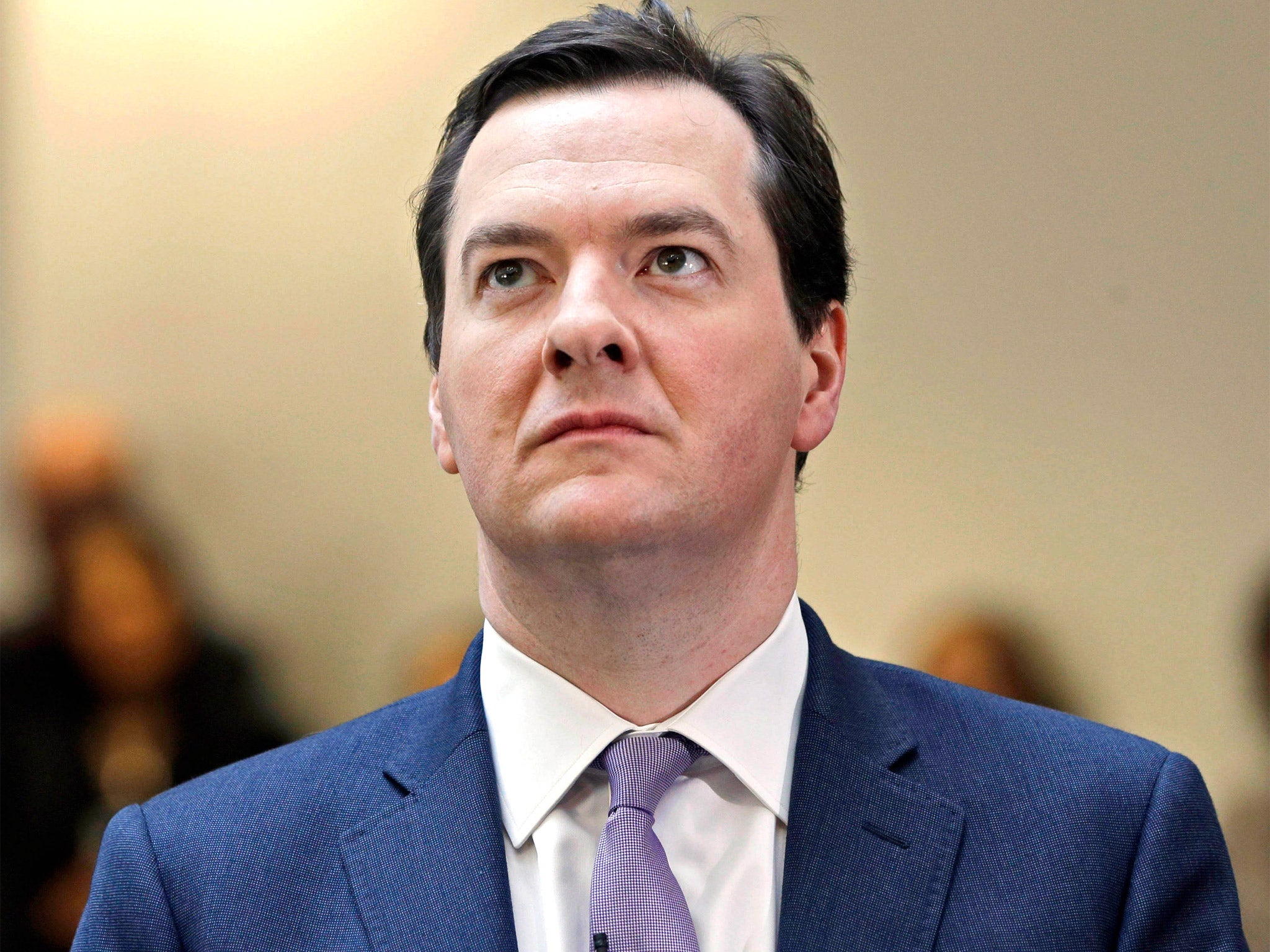Welfare can’t be reformed in isolation. It doesn’t exist in isolation
Benefits are about need. Welfare cannot be conditional on value judgments about the claimant

“I think there is a question for government and for society about the welfare state and the taxpayers who pay for the welfare state, subsidising lifestyles like that. I think that debate needs to be had.”
Yes, that’s George Osborne, joining the mob in linking the tragic case of Mick Philpott to coalition welfare policy.
There’s plenty about Osborne’s comment that is galling, but one of the most insidious things is the insinuation, so typical of his party, that brave “reformers” like Iain Duncan Smith are the ones who want a debate.
Yet it’s anti-poverty campaigners who have been trying to discuss welfare, in context, since the 1980s, or longer. In fact, it’s those most opposed to Iain Duncan Smith’s sledgehammer of “reforms” who are most radical in debating welfare. Anti-poverty activists have been saying the system is “broken” for decades. And it is. Our welfare system is broken because it’s symptomatic of a society which is broken. Not broken by dependency or idleness, but by inequality. Our society is broken because we have a generation of people raised to believe there is no such thing as society.
It’s understandable that we see the Philpott case and feel frustrated. But if we want our welfare state to pre-empt the work of the criminal justice system, it will be the end of both as we know them. Welfare is about need. It cannot be conditional on value judgments about the claimant.
Plenty of people believe welfare absolutely should be dependent on the worthiness, or perceived worthiness, of the recipient. This is part of that debate we need to have, and win. In a civilised society, the right to feed, house, and clothe yourself and your offspring shouldn’t be conditional. Who is able to make such a complicated value judgment about another person? In cases like Philpott’s it might look easy. But all too often, people decide their neighbour is a “scrounger” because they interpret their behaviour as “anti-social.” And “anti-social” it may be, but that has nothing to do with their need for benefits.
We tend to accept that our economics operate on an amoral level. The welfare state exists within those economics. Whether we look at welfare or wealth accumulation, horrendous people will sometimes profit from each. Taking welfare from those we see as undeserving isn’t a sensible “welfare reform” any more than taxing obnoxious people for being obnoxious would be a sensible tax reform. Reforming welfare is about more than deciding who we can deny it to.
Welfare can’t be reformed in isolation. It doesn’t exist in isolation. If local authorities are forced to cut social services or domestic violence refuges, it’s harder to leave abusive partners. If you tie tax rates to marital status, as some backbench Tories want, you make that problem worse still. If legal aid is cut and the Citizens’ Advice Bureau is cut, that has an impact. If you cut and demotivate the police force, that has an impact. If social services are under-resourced, if teachers are undermined and demoralised, all of this will be the opposite of helpful.
Commentators who want to cut the state as an ideological indulgence pretend that cuts can stop crime. But they decry social workers for not stepping in sooner. And, as Sunny Hundal points out, they’re often the first to argue that personal responsibility, not circumstance, is at the root of criminality. Even by their own logic, these people’s arguments don’t hold up. Why do we let such a crucial debate happen on their terms?
Radical welfare reform isn’t cutting benefits and tax credits while putting people on workfare schemes. What would a radical approach look like? A first step might be to ask: why is it that welfare has to take into account rising living costs, yet wages don’t? Why is it that politicians are happy to make taxpayers cover a rising in-work benefits bill, but are scared to make employers pay a living wage? Why don’t we talk about capping rents, enforcing a living wage, and employing people to build more social housing? When FTSE 100 directors’ salaries can rocket up by 49% in one year, to pretend there’s some inflation-related economic benefit in freezing the minimum wage, when energy and rental prices are already out of control but local economies are starving for demand, seems mad. The more unequal society grows, the less the market can be relied upon to set the prices of essentials like housing or heating. Many can afford these things; the prices inflate. Many cannot. What happens to them?
Until we are courageous enough to address the chaotic and unjust inevitabilities of competitive capitalism; until the Right understand that admitting those inevitabilities and trying to mitigate them is not an attack on social democratic capitalism, it’s the opposite, we should at least have the decency to admit that our welfare spending is a symptom of the economic system we’ve chosen.
The tabloid press likes to call our welfare spending shameful. We shouldn’t be ashamed of having a welfare state but we should be more ashamed of what it represents. The amount we spend on benefits is a measure of how much poverty and inequality we are, as a society, prepared to tolerate. If George Osborne wants to have a “debate” about that, he can be as radical and courageous as he likes.
Join our commenting forum
Join thought-provoking conversations, follow other Independent readers and see their replies
Comments
Bookmark popover
Removed from bookmarks